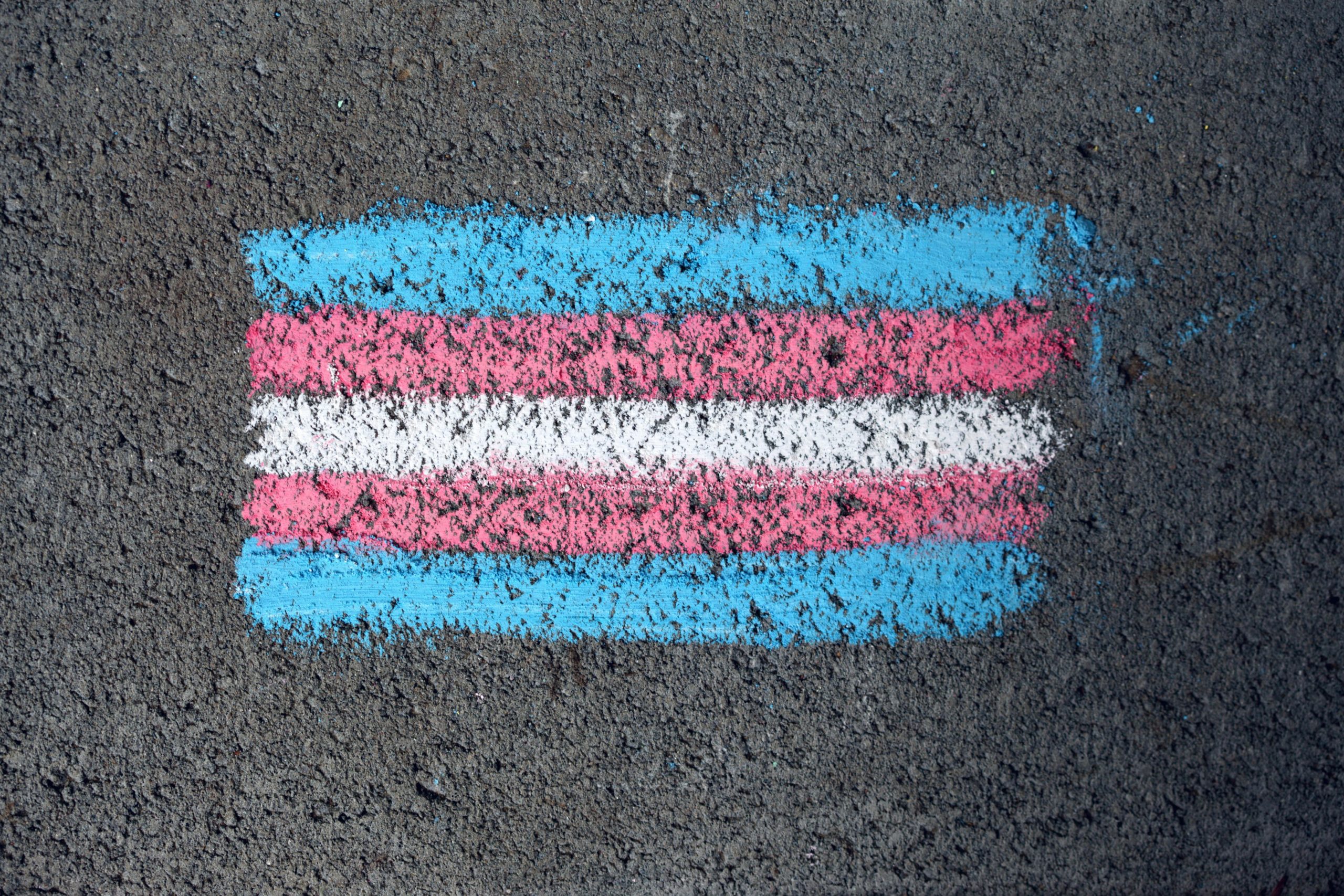
By Dr Sophie King-Hill
Associate Professor in the Health Services Management Centre, University of Birmingham
International Women’s Day is a day that has been dedicated to raising awareness of the plight of women and girls for over 100 years. This day celebrates women and highlights the rights of women that are so vitally needed for a fair, equitable and safe society. This year IWD is running with the theme of #InspireInclusion. The intention of this theme is to promote a gender equal world, with no bias, discrimination or prejudice.
However, this raises an important question – does this truly encompass all women? One of the most vulnerable groups of women in Western society today who would benefit from this theme are trans women. This vulnerability does not come from these women themselves but from the adverse outcomes that trans women face on a daily basis due to the frameworks of society. A UK government survey demonstrated that trans women are less satisfied with their lives than the general population. Trans women often struggle to access services and safe spaces, there are long waiting lists for trans specific healthcare, there are high rates of suicide, mental health issues, transphobic attacks, discrimination and countless slights in the media and wider social discourse. People who are trans are twice as likely to be the victims of crimes and it has been shown that trans women suffer disproportionate homelessness, low employment opportunities and poverty.
The 2024 IWD theme appears to foster a united front in which women stand up for inclusion together. Yet there is a faction of gender critical women that attempt to deny this right to trans women and attempt to define a woman based upon birth sex. This appears to conflict with the intention of this year’s theme, as well as raising the question, who gets to say what a woman is? Gender is distinctly different from biological birth sex and can be framed as a social construction, with society’s frameworks and influences shaping our identities. With this premise in mind, it can be argued that we are not born as women but become our own individual identity as a woman, this includes trans women. Being a woman in society today means different things to different people, and from the point of view of gender as a social construct, cannot and should not be reduced to biological chromosomes. There are countless different ways to be a woman, such as women of colour, working class women, lesbian women, working women, those with caring responsibilities, sportswomen and a whole plethora of combinations of human traits that make a woman a woman. So why make trans women the exception? With this in mind, defining trans women by just one trait is flawed. There is a rich tapestry of traits that make a woman a woman and these vary across individuals.
As women we need to celebrate the diversity of our gender together, we need to focus upon the similarities, not the differences. This IWD cannot be tokenistic, it cannot be one day where we say that we unite but exclude trans women, contradicting the intentions and achievements of IWD. Being a woman is not exclusive nor can the definition of what being a woman is be decided by the loudest group.
On this International Women’s Day, as a cis gender woman, I stand shoulder to shoulder with my trans sisters with the intention of us all working together to acknowledge our struggles and celebrate our achievements with an aim of fostering true inclusion for all women.
- Find out more about Dr Sophie King-Hill
- Back to Social Sciences Birmingham
The views and opinions expressed in this article are those of the author and do not necessarily reflect the official policy or position of the University of Birmingham.
